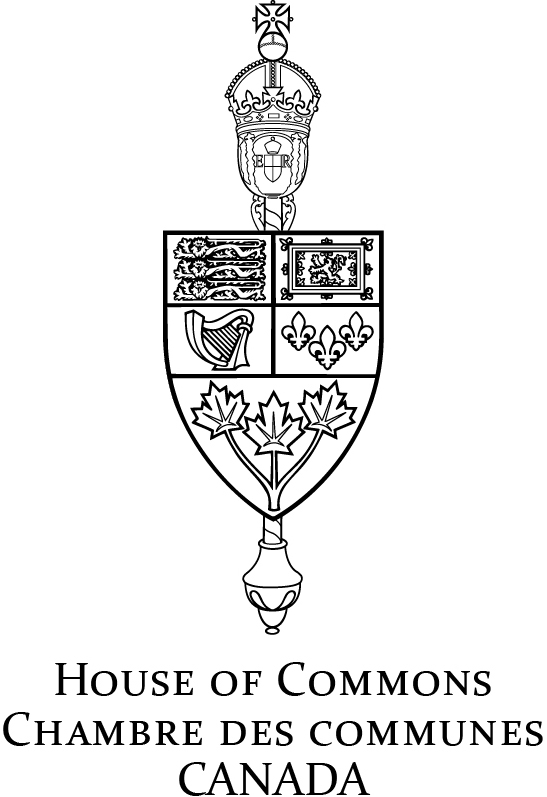ERRE Committee News Release
If you have any questions or comments regarding the accessibility of this publication, please contact us at accessible@parl.gc.ca.
Special Committee on Electoral Reform |  | Comité spécial sur la réforme électorale |
For immediate release
NEWS RELEASE
The Special Committee on Electoral Reform Tables its Report
Ottawa, December 1, 2016 -
Today, in accordance with the order of reference adopted by the House of Commons on June 7, 2016, and after consulting with Canadians across the country, the 12 members of the Special Committee on Electoral Reform are proud to table their report titled “Strengthening Democracy in Canada : Principles, Process and Public Engagement for Electoral Reform”.
Regarding electoral system reform, the Committee recommends that:
— the Government use the Gallagher index, a tool to measure the level of distortion between the popular will of the electorate and the resultant seat allocations in Parliament, as it develops a new proportionnal electoral system. The Government should seek to design a system that achieves a Gallagher score of 5 or less, and that maintains the connection between voters and their MP;
— the Government take into account, during the development of a new electoral system, its possible impact on Canada’s “governance ecosystem” (such as the relationship between the executive and legislative branches of government, and the operations of political parties);
— the Government hold a referendum asking Canadians to express their preference between the current electoral system (first past the post) and a new system;
— Elections Canada conduct a public education campaign explaining the options on the referendum ballot.
The Committee also recommends that:
— mandatory voting and online voting not be implemented at this time;
— Elections Canada explore, in collaboration with relevant stakeholder groups, the use of technologies to promote greater accessibility of the vote while ensuring the overall integrity of the voting process, and that the question of how to improve the accessibility of voting for Canadians with disabilities be referred to the Standing Committee on Procedure and House Affairs;
— any electoral reform seek to enhance voter turnout and increase the possibility for historically disenfranchised and underrepresented groups to be elected;
— the Canada Elections Act be amended to create a financial incentive for political parties to run more women candidates and move towards parity in their nominations;
— the Government explore ways in which youth under 18 years of age could be registered in the National Register of Electors;
— the Government accord Elections Canada the additional mandate and the necessary resources to encourage greater voter participation, and raise awareness among Canadians of existing options to vote prior to Election Day.
“This report sets out the primary considerations for electoral system reform in Canada. It can be used as a framework for both the Government and civil society to engage in the discussion and process moving forward”, said Committee Chair, Mr. Francis Scarpaleggia.
The Committee members would like to thank the thousands of Canadians who informed its deliberations. In meetings held in Ottawa and across the country, 196 witnesses appeared before the Committee and 567 individuals participated in open mic sessions. As well, almost 22,500 individuals responded to the Committee’s online questionnaire. Finally, the Committee received 574 briefs and over 1,000 pieces of correspondence. The Committee members also want to highlight the contribution of the 172 members of Parliament who submitted town hall or consituents' consultation reports to the Committee, in addition to the reports submitted by the Conservative Caucus and the New Democratic Party Caucus.
“Many Canadians spoke passionately about electoral reform”, said the Committee Chair. “However, the Committee also heard about the need to increase civic understanding of the process of electoral reform as an important step in fostering broad citizen engagement with the issue. We hope that this report will serve as an invitation and a resource for many more to join the conversation”, concluded Mr. Scarpaleggia.
- 30 -
|